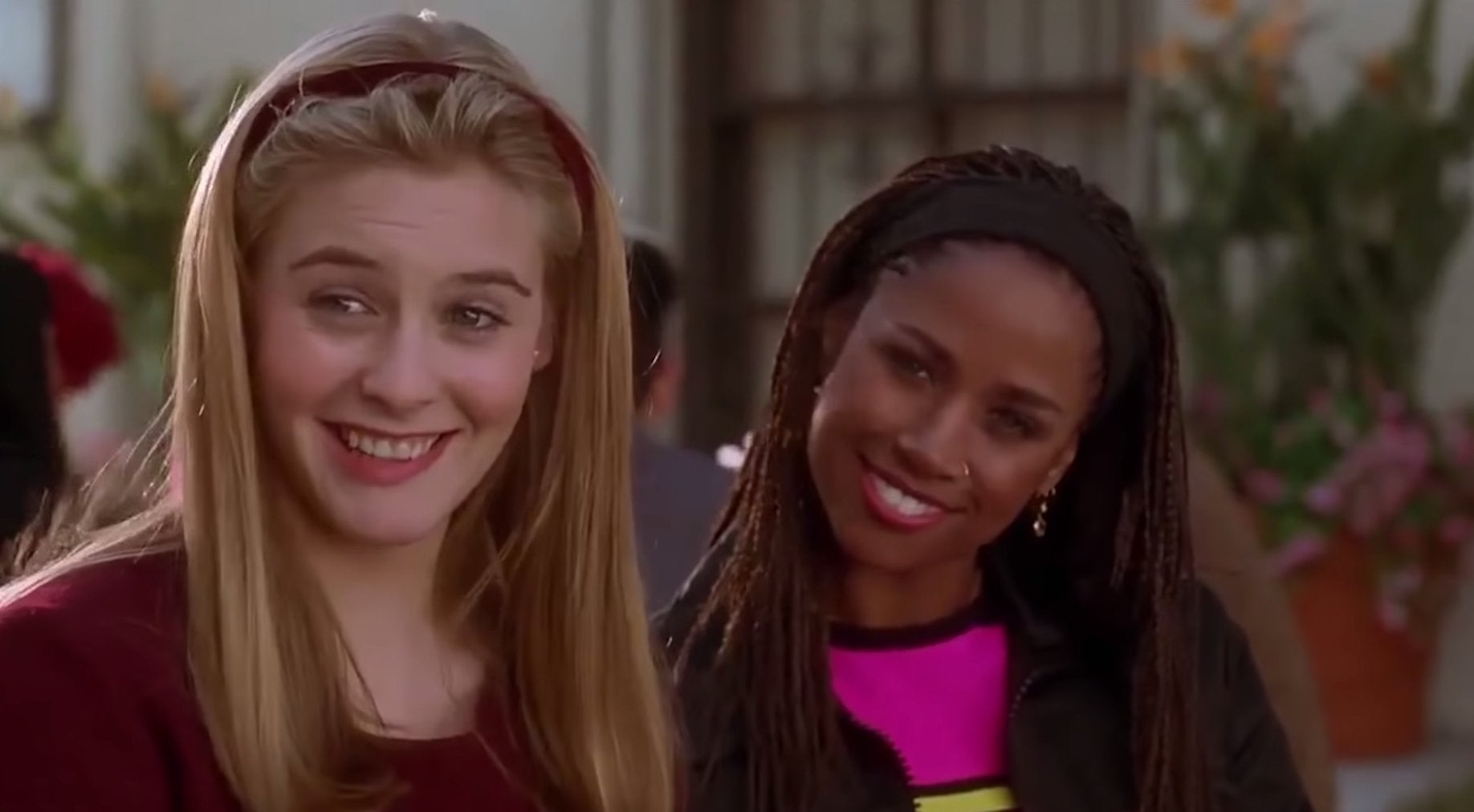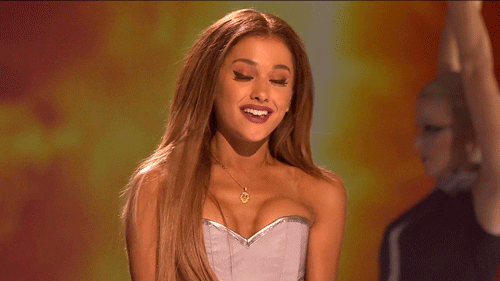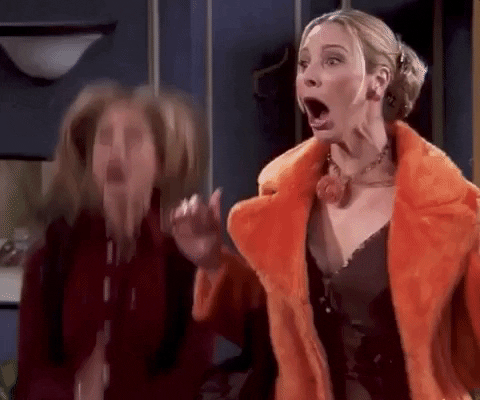Ever since I started rewatching some of my favorite shows, I have noticed a recurring theme amongst all of them – there’s always a couple of characters who are portrayed as dumb, clueless or naive. This trait becomes their whole personality, and it’s often the subject of ridicule by the other characters. Once I noticed this theme, I started noticing it in almost all the shows I’ve ever watched. This can be seen in characters such as London Tipton in Suite life of Zack and Cody, Cat in Sam and Cat, Kevin in The Office, and even Joey in Friends. It can also be seen in Brooklyn Nine Nine, (Hitchcock and Scully) Gilmore Girls, (Kirk) and even The Good Place.
The unusual thing about this theme is that these characters might not all start off as dumb and naive; Joey for example, did not start off as being so obviously “dumb.” He was originally cast to be the cool actor who dated many women. He wasn’t conventionally dumb in the first couple of episodes, and one can see the change after a few episodes. He becomes more spaced out and clueless and everyone else makes fun of him for being so.
Cat, the lead in Sam and Cat (played by Ariana grande), on the other hand, is portrayed in another extremely unusual way. She is somehow infantalised, portrayed as a naive, clueless baby, but at the same time, is extremely sexualized in few scenes. It can be concerning at times, but this seems to become her thing. She is seen by her friends as the ‘dumb, hot’ girl. It goes so far such that people are actually surprised when she happens to say something smart. It feels like such a waste; because the writers could have done something different with how she dealt with her trauma. But they chose to make her as ‘conventionally dumb’ as possible.
This kind of portrayal of characters is something that is born out of flanderization – it is the act of taking a single action or trait of a character within a work and exaggerating it for effect, for laughs until it completely consumes the character. More often than not, it becomes the defining characteristic for them, because getting the audience to laugh is more important than the character’s overall development.
The trope is apparently named after the character of Ned Flanders from The Simpsons. He was originally supposed to be depicted as a friendly Christian neighbor. But as the seasons progressed, he became increasingly religious to the point where he became the negative stereotype of the God-fearing, bible-thumping American man.
The character’s trait originates as a funny little quirk that makes for a funny dialogue; but it doesn’t have to be a bad thing. It can provide more background to the character. For example, London didn’t have to become ‘dumber’ as the show progressed; she was originally cast to be a rich entitled woman who did not bother to learn more about other people, like a contrast to Maddie’s character. She was simply seen as a person so protected by her wealth and privilege that she did not care about work or school. This worked in contrast to Maddie, who took pride in her intelligence, because it was all she had.
But as the seasons continued, the writers portrayed her as a person who couldn’t understand basic contexts (or that one scene where she didn’t seem to know her ABCs). She was portrayed as a woman who ignored everything unrelated to her socialite lifestyle.
London Tipton transformed into a character who did not care about school to a woman who didn’t understand how school worked. It is clear that the writers of the show found it easier to take one of these character’s quirks and lean into it for the rest of the show until it became all they were.

Kevin Malone from The Office went through a similar change. He started off just like the rest of the characters; a guy who didn’t like or care about his job. But by the middle of the show, it’s hard to imagine how this character even got this job.
The reason this portrayal of characters as ‘stupid’ is frustrating is because it doesn’t do any justice to their storylines; this exaggeration of one single trait makes it hard for them to have any real growth. Hence, while the other characters move on in their lives as the show progresses, it feels like these characters hardly make any progress.
This phenomenon of dumbing down a few characters seems like a disservice to their storylines; and we can only hope that we move away from this trope in sitcoms made in the future. I think it is okay to create funny quirks to make the audience laugh, but the characters need to have more depth than what these shows describe them to be. The producers need to be able to create a dialogue that works according to the character’s personality and storyline; it would make it easier for the audience to understand their character development better.






